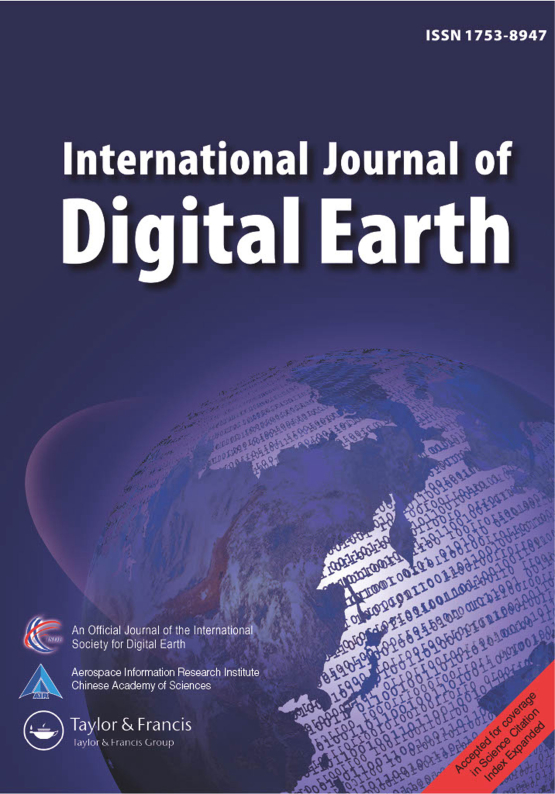Deephullnet: a deep learning approach for solving the convex hull and concave hull problems with transformer
IF 4.9
1区 地球科学
Q1 GEOGRAPHY, PHYSICAL
引用次数: 0
Abstract
Convex and concave hulls originating from computational geometry are widely applied in practice. For instance, to determine the boundaries of a geographical area within a group of cities, convex hu...Deephullnet:利用变压器解决凸壳和凹壳问题的深度学习方法
源于计算几何的凸壳和凹壳在实践中得到了广泛应用。例如,为了确定城市群中某一地理区域的边界,凸壳和凹壳被广泛应用。
本文章由计算机程序翻译,如有差异,请以英文原文为准。
求助全文
约1分钟内获得全文
求助全文
来源期刊
CiteScore
6.50
自引率
3.90%
发文量
88
审稿时长
3 months
期刊介绍:
The International Journal of Digital Earth is a response to this initiative. This peer-reviewed academic journal (SCI-E) focuses on the theories, technologies, applications, and societal implications of Digital Earth and those visionary concepts that will enable a modeled virtual world. The journal encourages papers that:
Progress visions for Digital Earth frameworks, policies, and standards;
Explore geographically referenced 3D, 4D, or 5D models to represent the real planet, and geo-data-intensive science and discovery;
Develop methods that turn all forms of geo-referenced data, from scientific to social, into useful information that can be analyzed, visualized, and shared;
Present innovative, operational applications and pilots of Digital Earth technologies at a local, national, regional, and global level;
Expand the role of Digital Earth in the fields of Earth science, including climate change, adaptation and health related issues,natural disasters, new energy sources, agricultural and food security, and urban planning;
Foster the use of web-based public-domain platforms, social networks, and location-based services for the sharing of digital data, models, and information about the virtual Earth; and
Explore the role of social media and citizen-provided data in generating geo-referenced information in the spatial sciences and technologies.

 求助内容:
求助内容: 应助结果提醒方式:
应助结果提醒方式:


